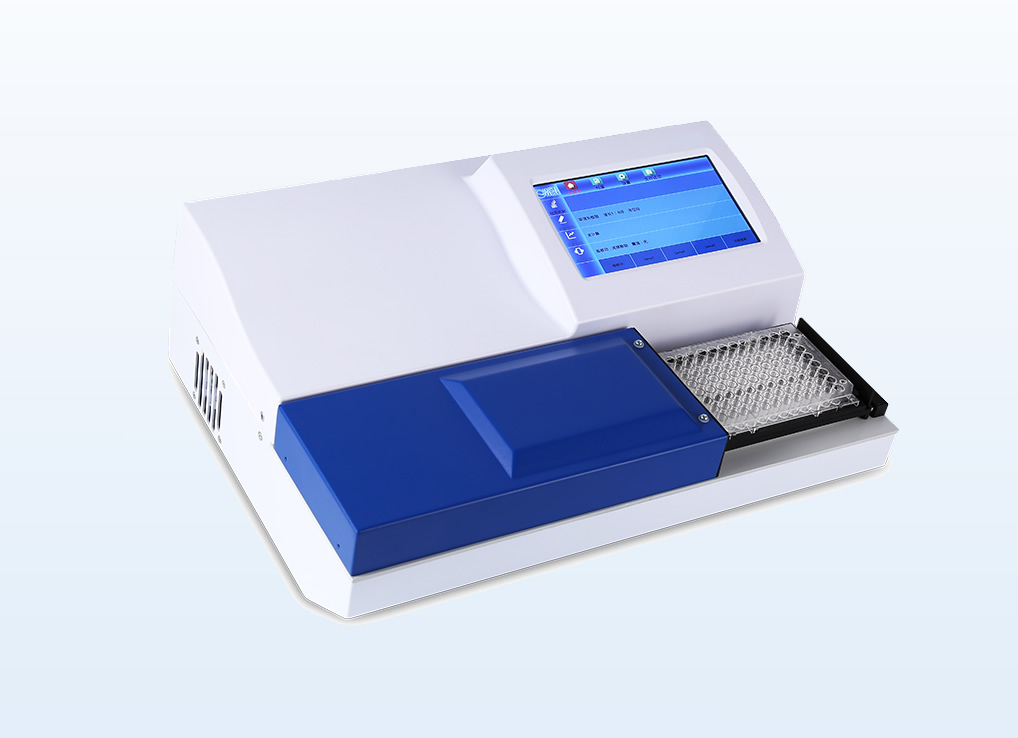Protecting the well-being of your furry companions, routine health checkups plays a vital role. Veterinary laboratories provide crucial insights for companion animals.
Through this guide, we’ll learn about the value of lab diagnostics and highlight key tests.
Understanding Veterinary Labs for Pets
Animal diagnostic labs specialize in processing samples to guide treatment plans. These labs leverage cutting-edge tools to help vets identify problems quickly.

Core responsibilities of veterinary labs include:
- Detecting hidden diseases: Prevents conditions from escalating.
- Regular health assessments: Helps vets adjust treatments.
- Testing the success of interventions: Optimizes pet care.
Common Veterinary Tests for Dogs and Cats
Animal diagnostic facilities provide multiple testing services to identify potential problems. Essential health checks include:
- Blood panels: Check for infections.
- Urinary tract exams: Monitor hydration levels.
- Digestive system diagnostics: Identify worms or parasites.
- Skin and allergy testing: Improve coat health.
- Radiographic testing: Evaluate organ function.
laboratorio de exames veterinarioslaboratorio veterinario 24 horas
The Benefits of Regular Veterinary Testing
Ongoing health assessments is a critical part of pet ownership. By identifying potential problems early, you can avoid costly emergencies.

The value of regular diagnostics include:
- Improved longevity: Proactively managing health helps pets maintain their vitality.
- Preventative savings: Avoiding invasive procedures saves time and money.
- Trust in their health management: Take action when needed.
Conclusion: The Value of Veterinary Labs for Pet Health
Animal health testing facilities are essential for modern pet care in protecting your furry friend’s health. With routine checkups, you help them live longer and healthier lives.
Don’t wait—take action now to help them live their best life!